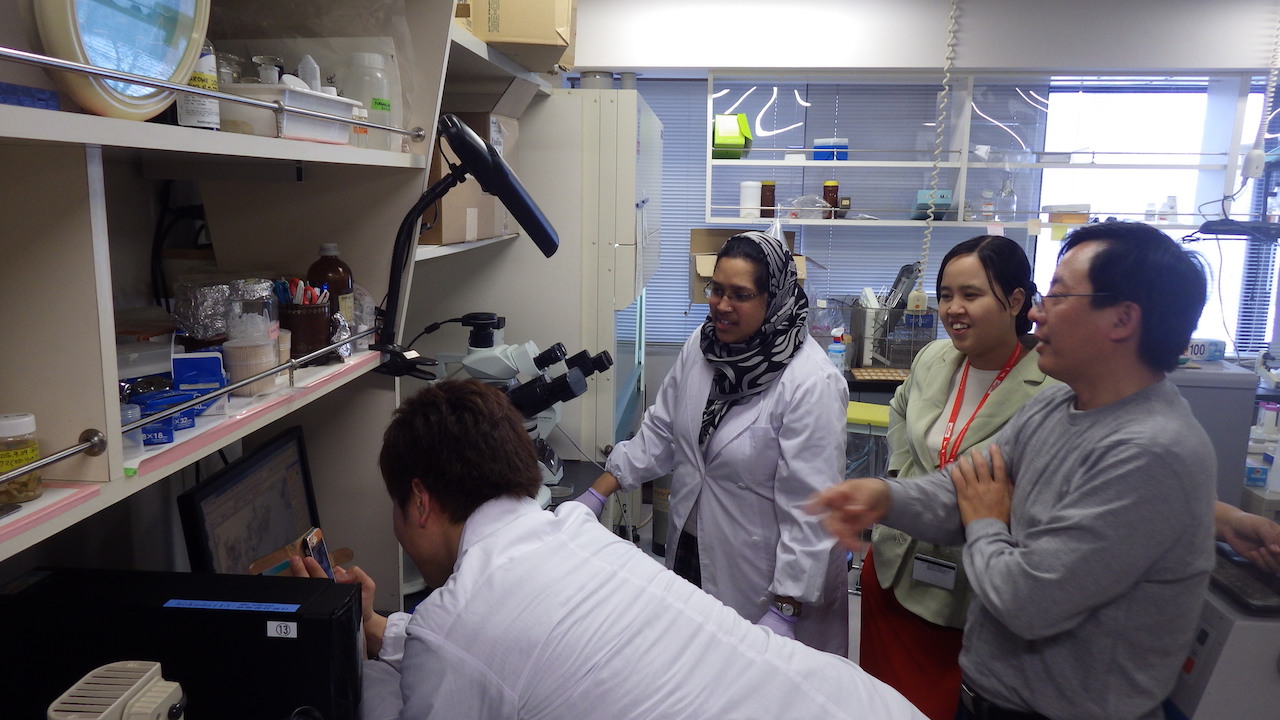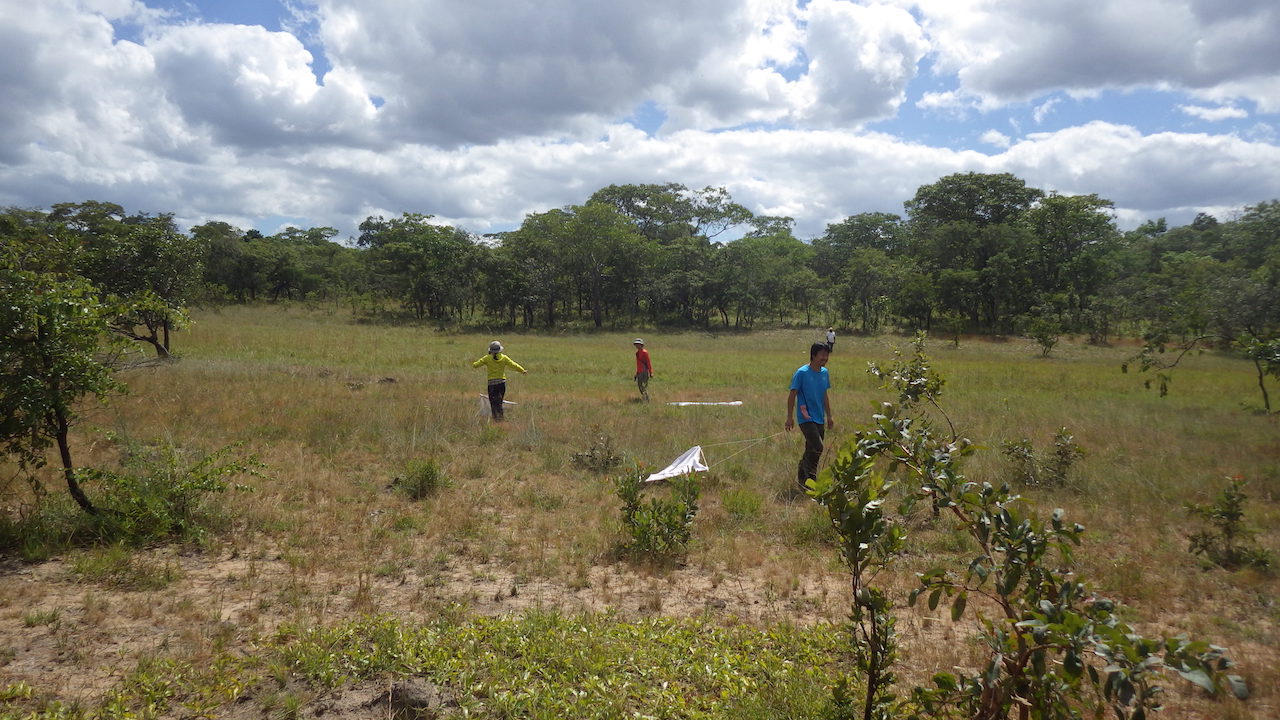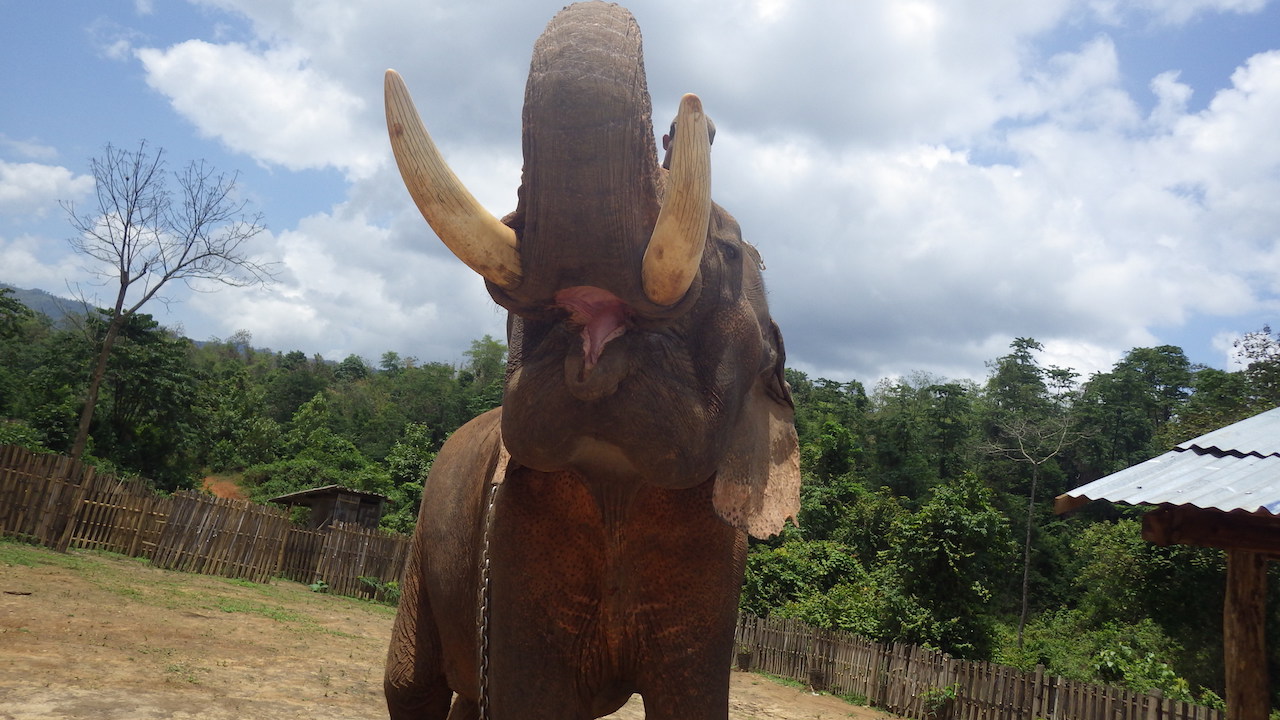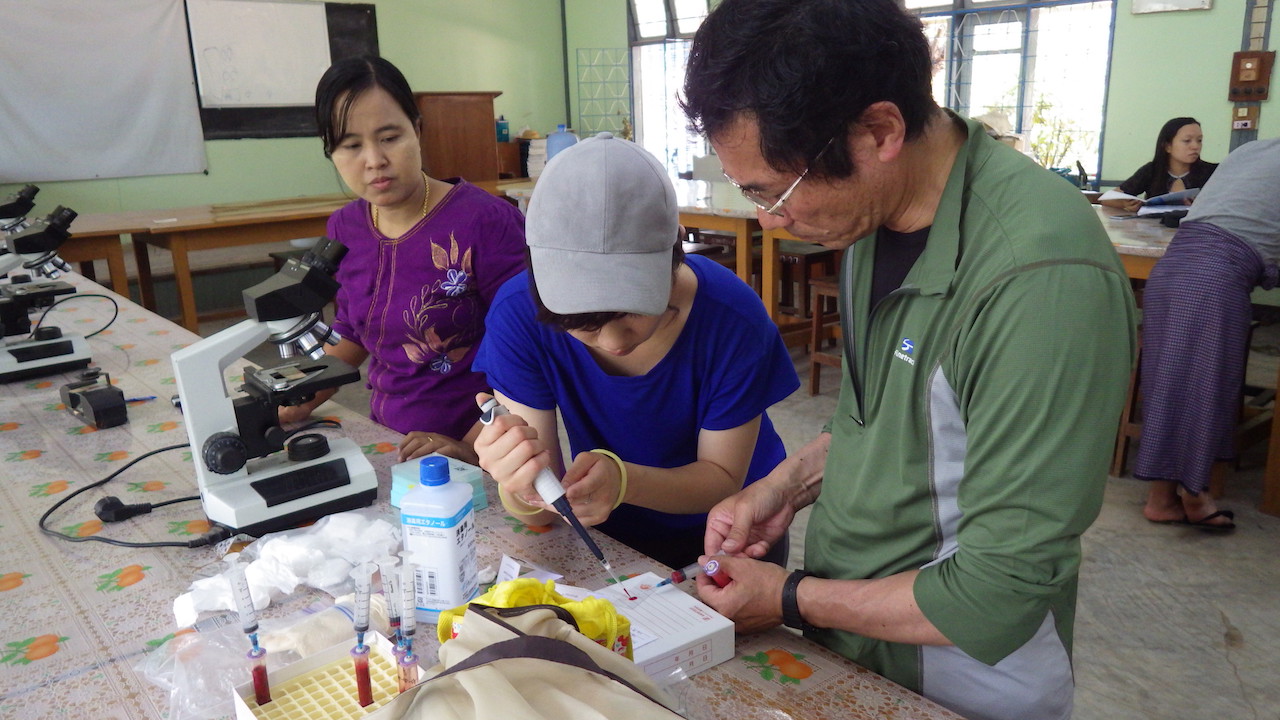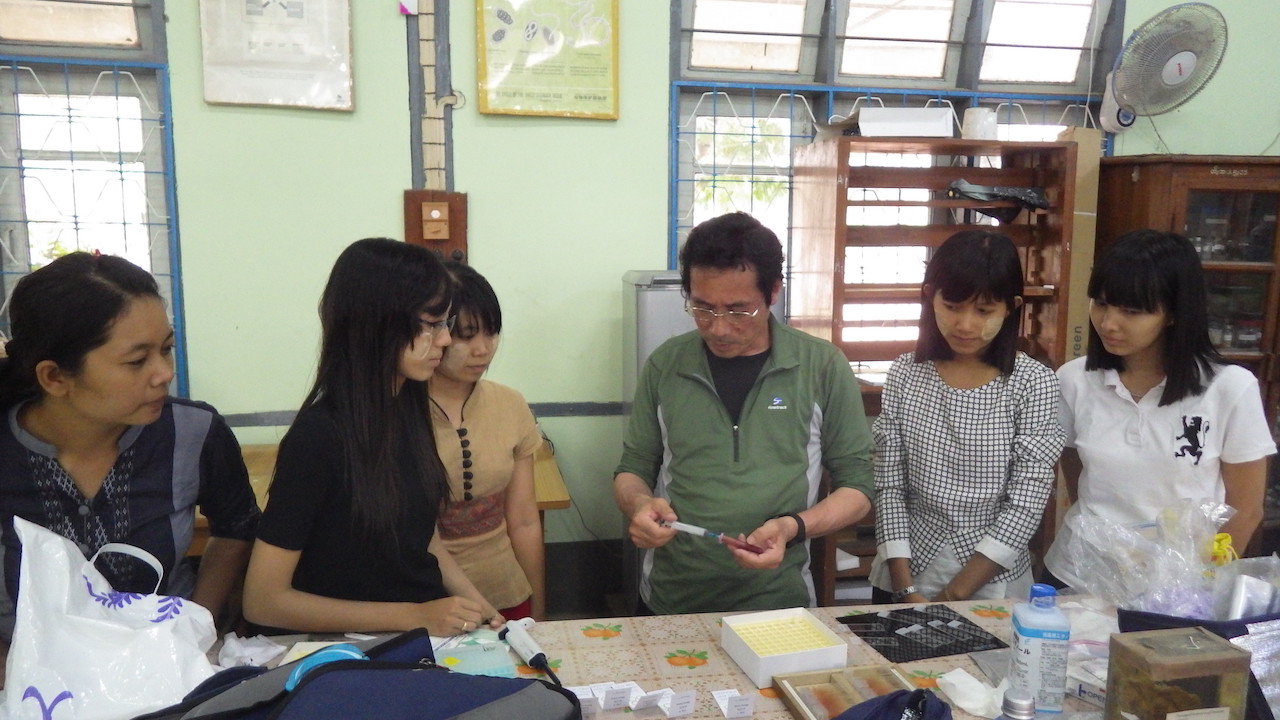
Playing with parasites to unlock the mysteries of nature and safeguard global health
Parasites are a species-rich group of organisms which survive by taking resources from their hosts which include humans and other animals. Endoparasites infect the host and live inside it; roundworms (Nematodes), tapeworms (Cestodes), and flukes (Trematodes) are common endoparasites. Ectoparasites infest the outside of the host; ticks (Ixodida), fleas (Siphonaptera), and lice (Phthiraptera) are common ectoparasites. Parasite infections/infestations can cause disease or death and therefore have major impacts on global health.
We collaborate with researchers and institutions within Japan and abroad to study both endoparasites and ectoparasites that cause diseases in animals and humans. We undertake field studies to understand the ecology of parasites in nature as well as laboratory experiments to elucidate the molecular biology, genomics, and microbiomes of parasites.
We have particularly strong expertise in the study of the zoonotic Echinococcus tapeworms and in ticks and tick-borne diseases.





